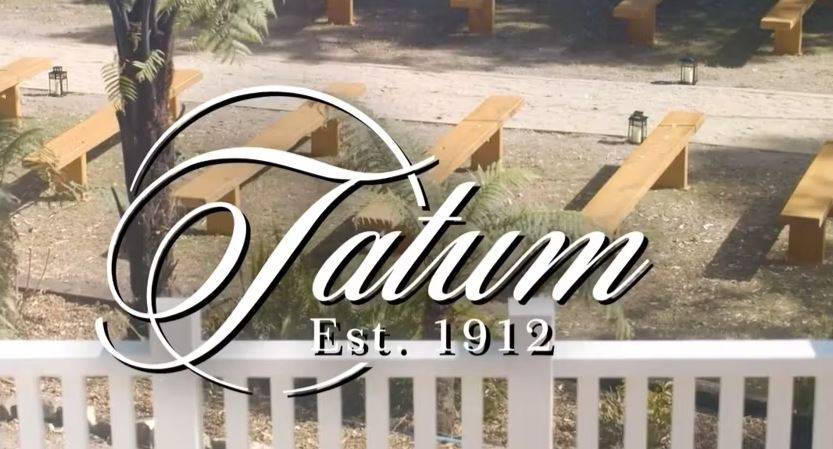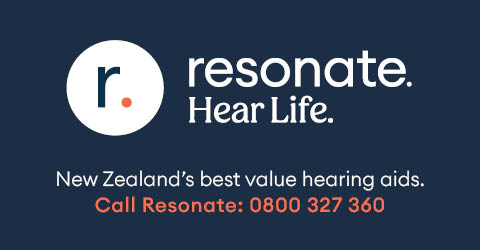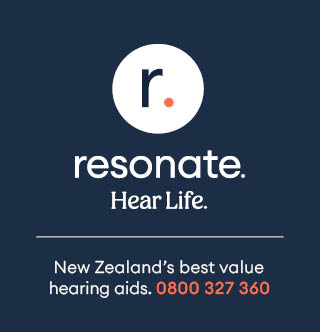
The Kāpiti Coast is not immune from elder abuse which is often under-reported.
“In Kāpiti, in the last 12 months (July 2024 – June 2025), we have had around 70 referrals. In the previous 4 years, from July 2021 to June, 2025, we have had over 220 referrals in Kāpiti alone.” (Booth, WCA.,2025).
Elder abuse is a complex and often hidden issue in New Zealand. As highlighted by Dr Yoram Barak (Dunedin School of Medicine, 2025), elder abuse can be devastating for victims and society, but it often goes unreported.
Many older people may not even recognise that they are being abused, especially when it involves psychological, physical, financial, sexual, spiritual abuse, or neglect.
In New Zealand, elder abuse is on the rise, with reports suggesting that up to 10% of older people may experience it. Yet, the Ministry of Social Development admits it lacks a clear picture of the scale of the problem. Statistics show that 84% of abusers are family members, with adult children or grandchildren being the most common perpetrators. Māori elders are particularly at risk.
Despite the prevalence of elder abuse, it often remains hidden due to shame, fear, or the victim’s dependency on their abuser. Often, multiple forms of abuse may occur simultaneously.
Health New Zealand reports over 2,200 cases annually, but experts estimate that 75% of cases go unreported. One of the major barriers to reporting is the fear of losing care or being isolated from family and support networks. Many elderly victims may not even realise they are being mistreated due to cognitive impairments or memory loss.
Recognising elder abuse is crucial. Warning signs include fear of specific individuals, anxiety, depression, withdrawal, sudden changes in behaviour, or reluctance to speak openly. Neglect can be indicated by the lack of essential needs such as food, medication, or heating.
The government has responded with an Elder Abuse Response Service Helpline to address and report elder abuse. The Elder Abuse Response Service (EARS), 24/7 – 0800 32 668 65.
Remember, you are not alone in this. You can also call Netsafe if you are being abused online 0508 638 723
However, many victims never connect to this service. Those with cognitive issues or isolation are especially vulnerable and less likely to speak out.
Preventing elder abuse requires widespread community awareness, education, and better legal and policy frameworks. With limited funding and growing demand for elderly care services, more investment is needed to ensure older people can live safely in their communities. Health and social service providers, along with policymakers and the media, must work together to raise awareness and prevent abuse.
The responsibility lies with all of us to protect our elderly population and ensure they are valued and respected.
For more information and assistance see links below:
https://www.wesleyca.org.nz/community-actions/elder-abuse-response-service
https://info.health.nz/mental-health/assault-and-abuse/elder-abuse-and-neglect
https://www.officeforseniors.govt.nz/our-work/raising-awareness-of-elder-abuse





















































